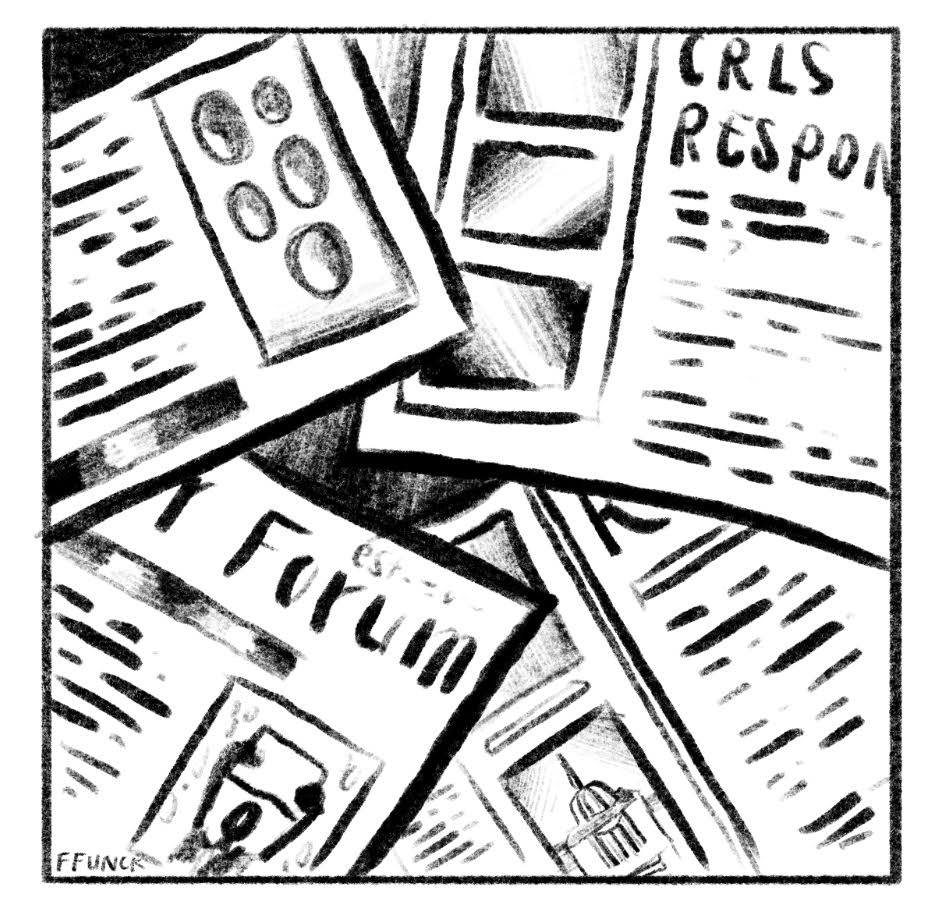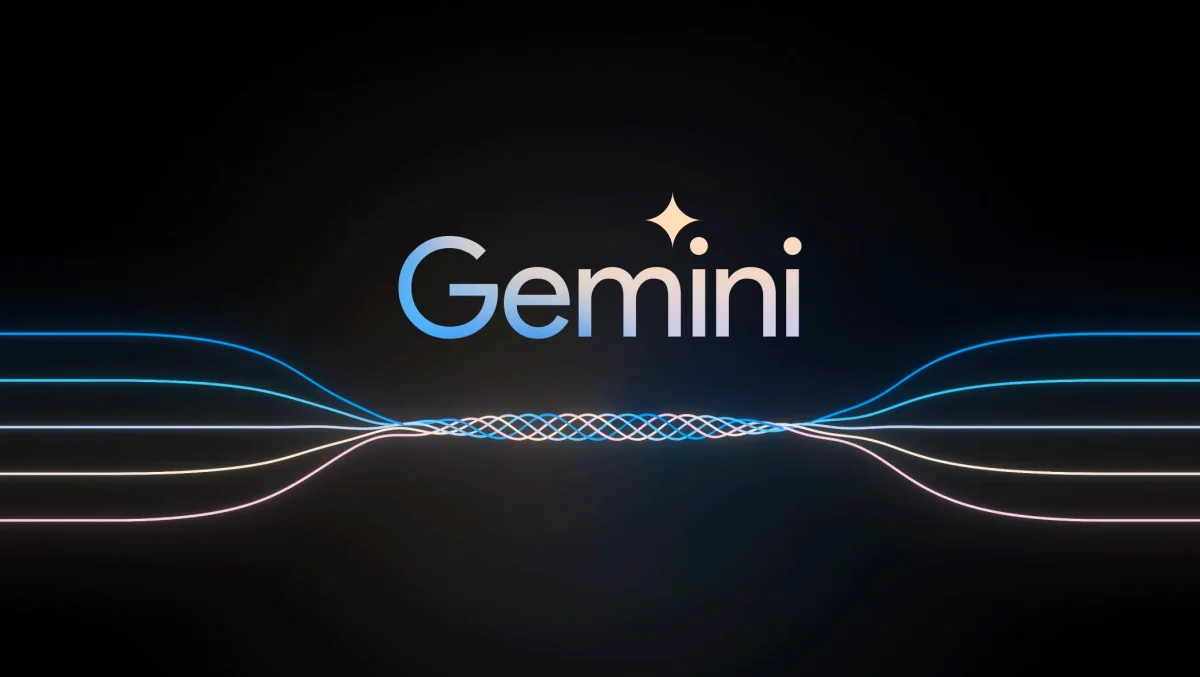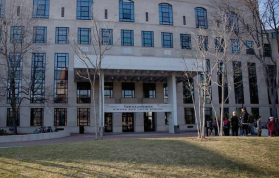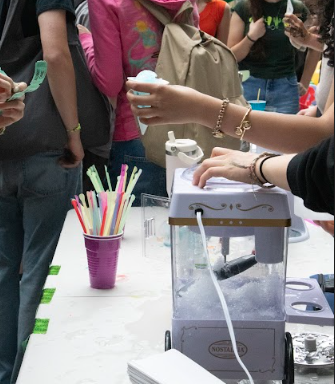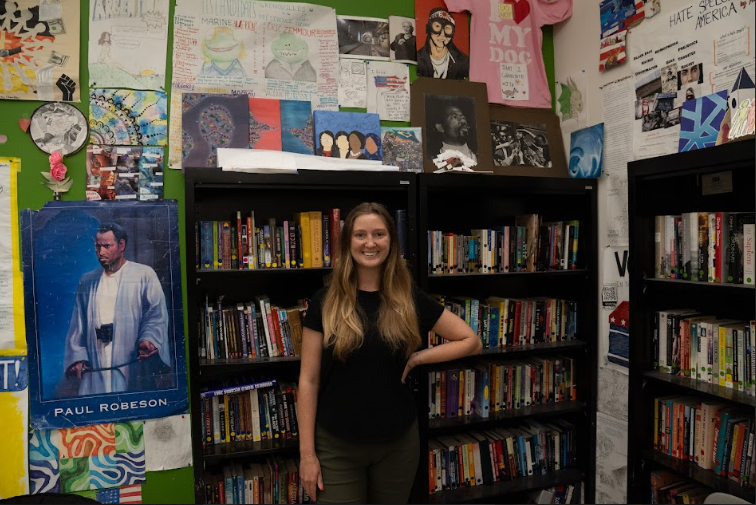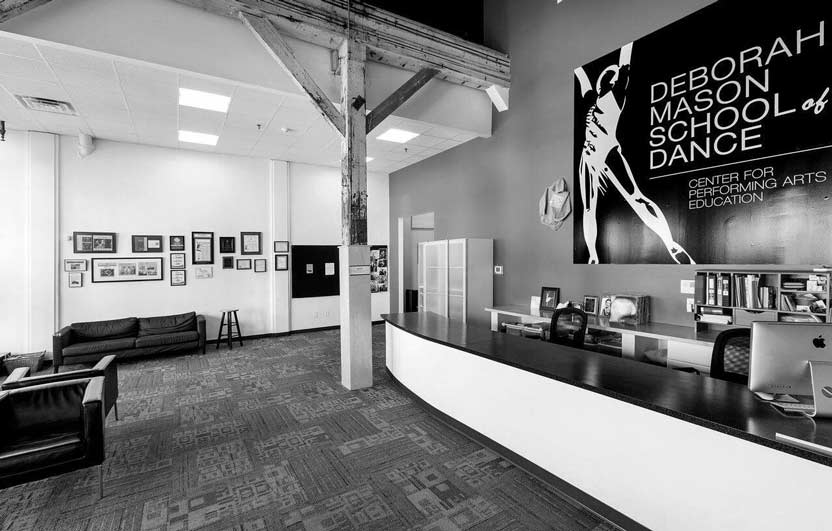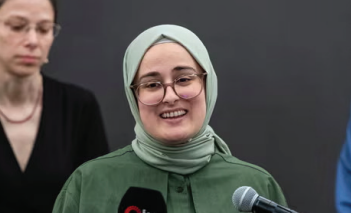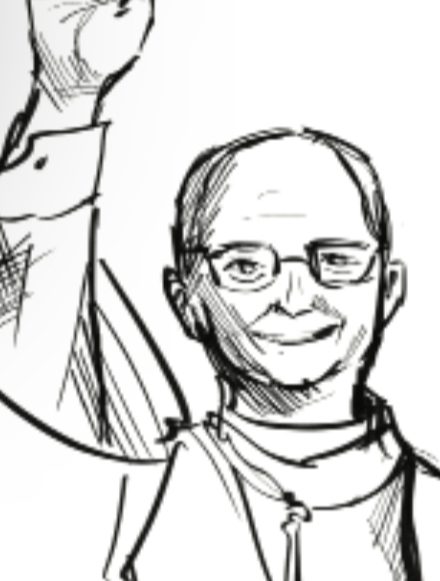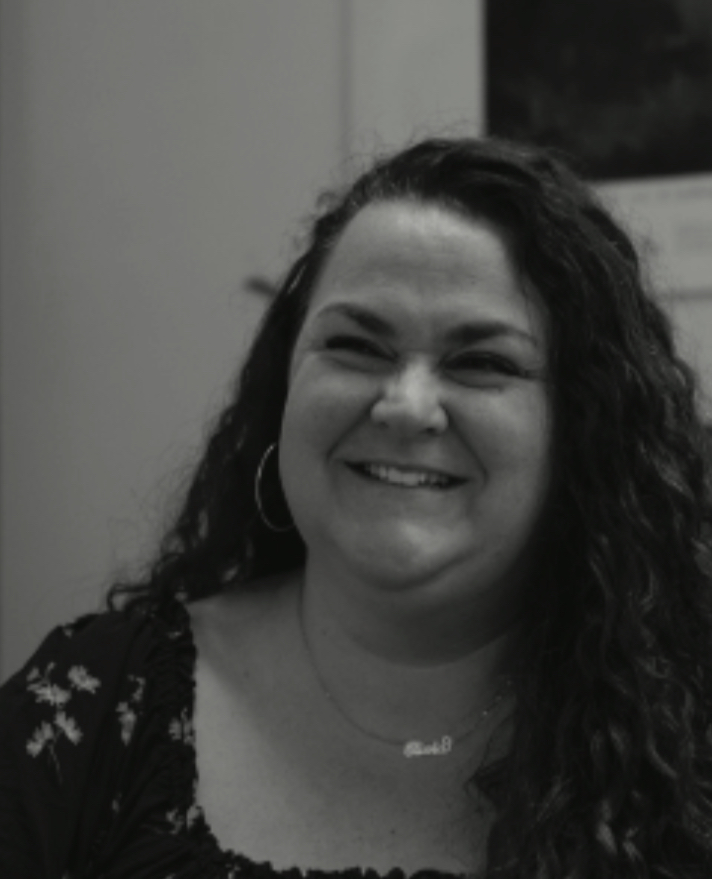In a 180 day school year, students spend 1,080 hours in the classroom. Homework, tutoring, and clubs only further the amount of time spent each year on academics, and yet, we are often misled with information about which classes we should and shouldn’t take. We are told to take this class because this college likes to see it on a report card or this AP because you are supposed to take “as many AP classes as you possibly can,” but regardless of who you are, or where your interests lay, there are certain classes that every student should take before graduating high school in order to be set up for success in whichever field they ultimately pursue.
Obviously, your interests will shape your high school academic path, and it is important to listen to your brain and follow the path that best fits you. But whether you plan to attend a four-year college post graduation, join the military, or join the workforce, there are certain classes that prepare students to be holistic and well-rounded people. First, every student should take some form of English Language class. Whether it is AP or a different level, the class curriculum is designed around teaching students to create and defend arguments. With romantic partners, colleagues, bosses, and friends, being able to form an argument and then defend it creatively is a skill that will guarantee success. Additionally, in times of generative AI and lower writing skills as a result of the COVID-19 pandemic, learning how to speak and write arguments through analyzing texts, songs, videos, and movies is a skill that will not only stay with you for your entire life but will also help you to avoid sticky situations.
Second, “DEI (Diversity Equality and Inclusion) ” classes emphasize the idea of oppressor vs oppressed without actually teaching much value. I believe that students would benefit much more greatly from a course titled DBT. Dialectical Behavioral Therapy is a scary name, but in fact, it focuses more on the practical skills of behavior rather than the typical idea of “therapy.” DBT is not for one singular type of person, and it’s a good fit for everybody. Whether you feel very in touch with yourself or haven’t yet discovered who you are, DBT teaches practical skills that one will carry with them throughout their life. Our generation often falls into traps like “black and white thinking,” meaning we can’t find a gray area, and instead, we either feel on top of the world or as if we are drowning. A DBT course will teach students skills that ensure future success in their own relationships but will also be extremely beneficial in moments of “crisis,” be it loss, depression, rejection, or injury.
I know you might be curious about why I seem to show such a bias to humanity leaning departments, and I believe that these departments do better prepare students for a life outside academics, it is important to acknowledge the necessity of STEM-oriented classes. Reaching certain levels of proficiency in math and science are important not only if you hope to further your educational path in college but also when you are looking for jobs or other opportunities. While each person has their own path in the STEM classes, it is important to take at least three semesters of classes in each department to set oneself up for future success.
Unfortunately, with the improvement of generative AI and technology in general, the need to learn a foreign language will soon disappear with android phones already able to translate phone calls across languages real time. However, this technological advancement does not diminish the need to continue teaching foreign languages. Latin, for instance, has been a “dead language” since 600-750 AD but that does not stop people from continuing to learn the language. This is because there is so much we have to learn from learning new languages. Allowing our brains to learn in an untraditional way different from most other high school classes allows for further personal and academic growth.
Finally, every student should take at least one RSTA course. Currently, there is a major stigma around high school graduates not attendi ng college. This stigma is based on nothing and shouldn’t even exist. Taking a hands-on class and being able to at least try out the fields offered by RSTA provides students with the opportunity to find their own passions and hopefully shift the stigma away from the falsehood that everyone needs to attend college.
There are many other courses not listed here such as history courses that are valuable to take, but for the above classes, I strongly believe that no one should graduate high school without taking them. The lessons taught and the opportunities for self betterment and holistic growth stress the importance of these classes.



